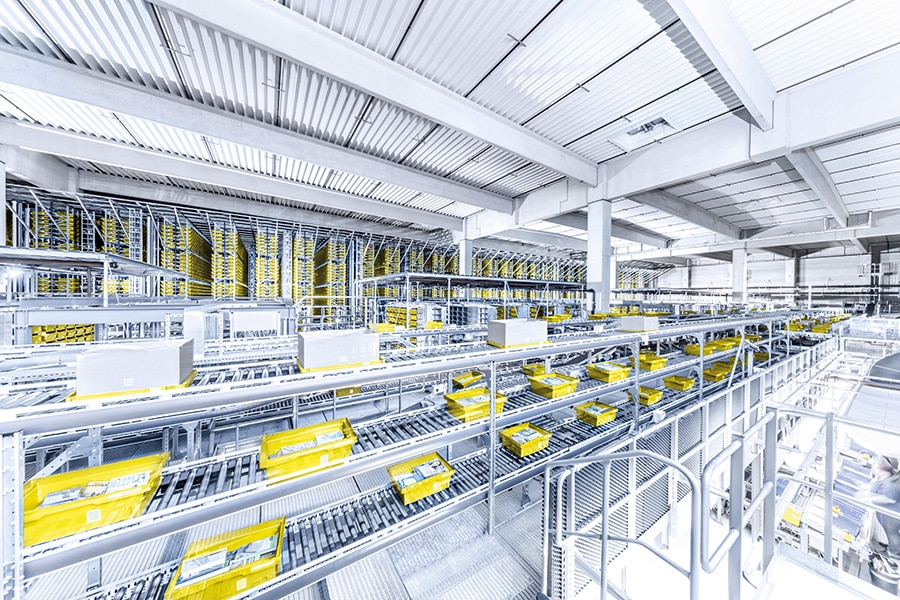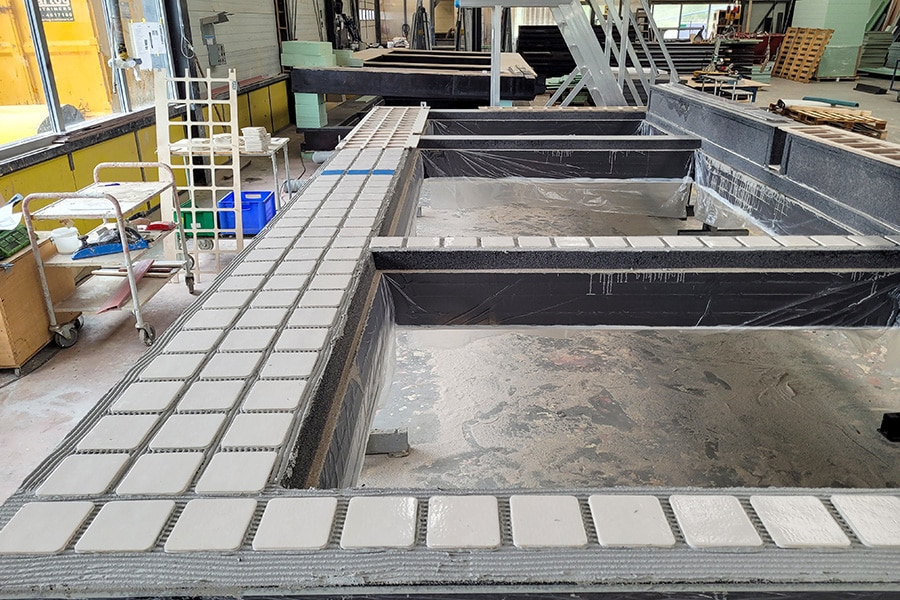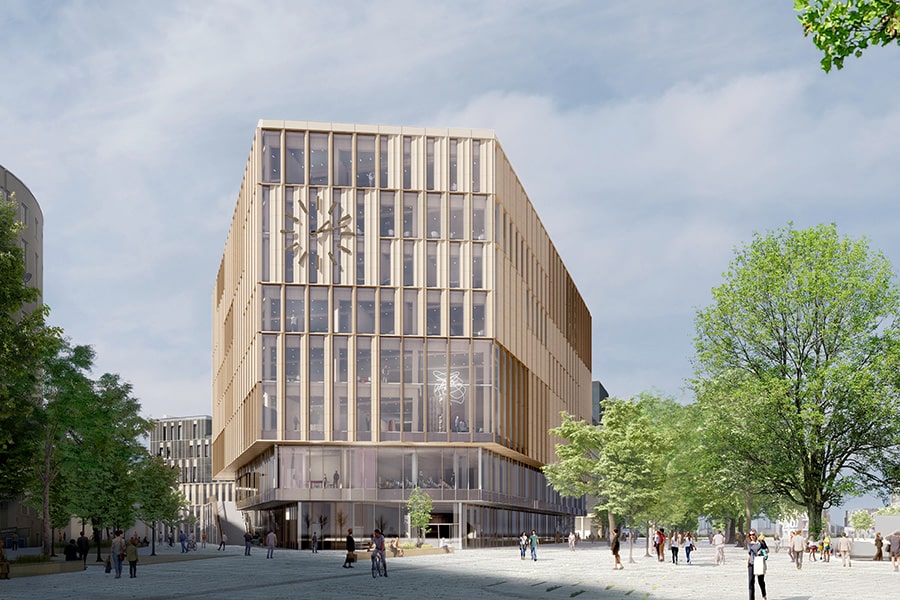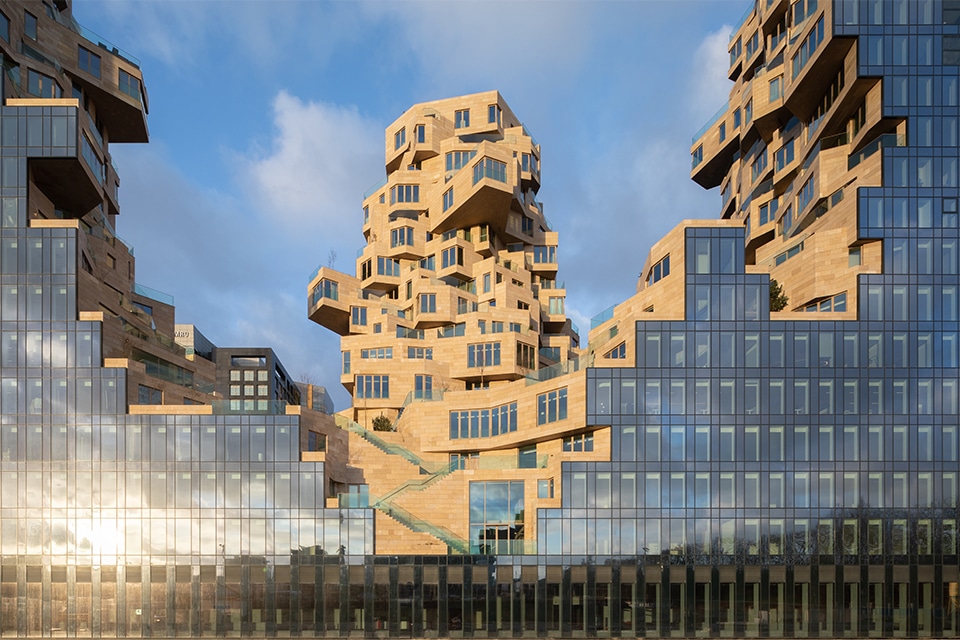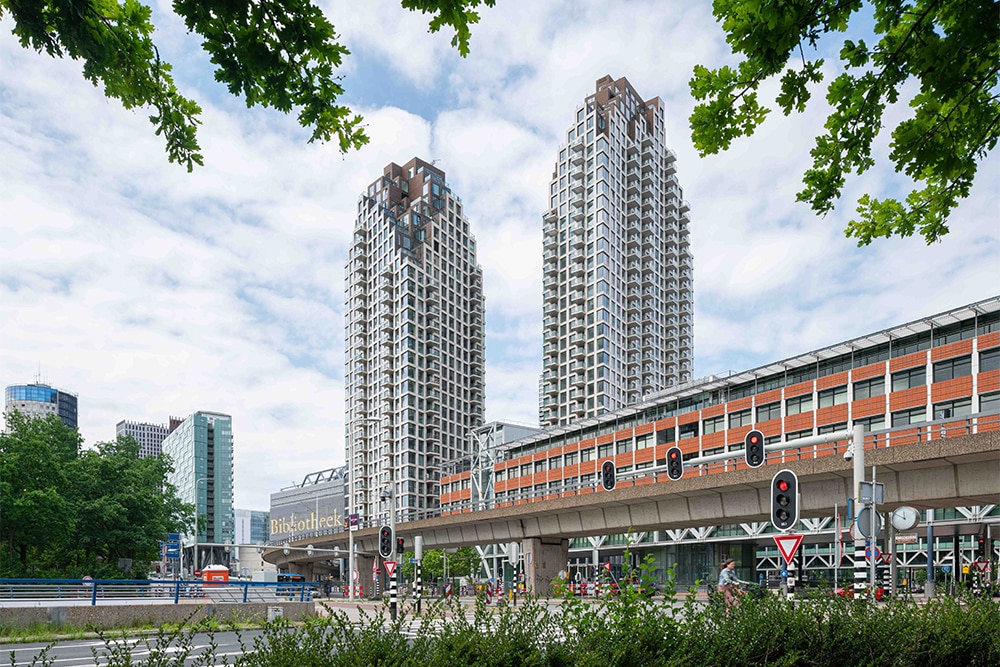
'The next step in sustainability'
By 2050, 70% of the world's population is expected to live in cities and urban areas. As a result, energy consumption and CO2-emissions from buildings increase significantly. "Our sector accounts for about 39% of global energy-related CO2-emissions," knows Raimond Stassen, project manager at WICONA, part of Hydro Building Systems. "Investments in new buildings will therefore have a huge impact on our quality of life as well as climate change. All the knowledge and experience we have gained over the past 70 years we are keen to use to reduce this impact. Hydro CIRCAL has an important role to play here. Since we have been using recycled and low carbon aluminum in our systems since 2018, we have already saved some 1.5* million tons of CO2 saved. And we are going even further, with the ambitious goal of 50% less CO2-emissions by 2050. Based on strong partnerships with customers and suppliers, we are working toward a more sustainable industry."
In doing so, WICONA goes beyond recycled, CO2-poor aluminum products, Stassen emphasizes. "We conduct every part of our business as sustainably as possible. This starts with the origin of the metal. For our production, we use Hydro CIRCAL aluminum, which has the lowest CO2-footprint in the world: about 1.9 kg of CO2 per kilogram of aluminum." The material for 75% consists of recycled end-of-lifecycle aluminum taken from the windows, doors and façade systems of existing buildings. "The aluminum is carefully sorted and remelted into an equivalent new alloy. This significantly reduces the need to tap new raw materials, while ensuring the quality of our systems."
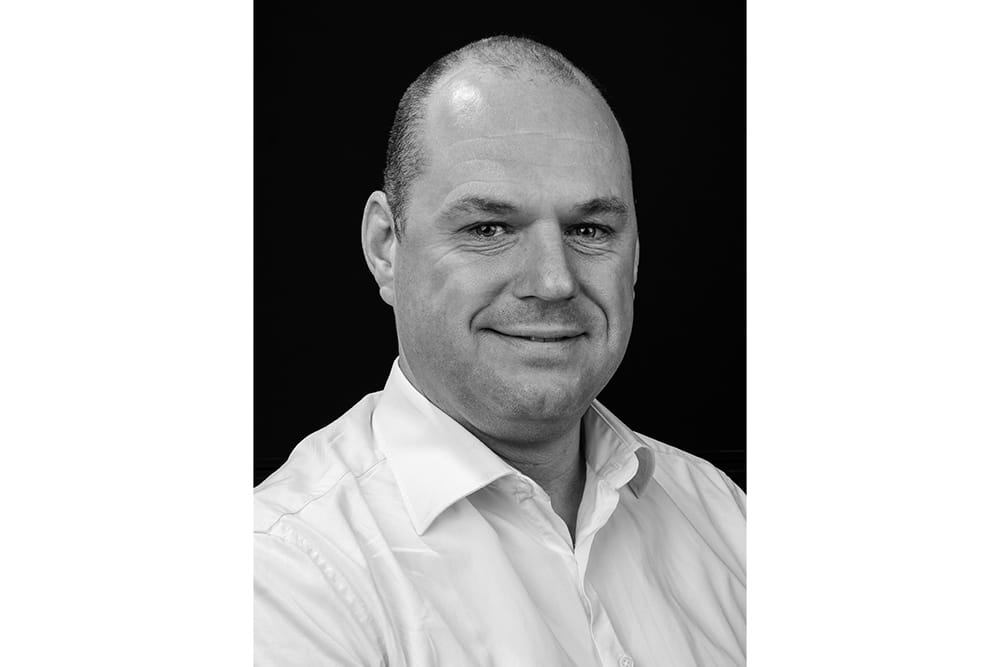
Inspiring collaboration with New Horizon
To completely close the loop on aluminum facades, WICONA recently started an inspiring partnership with Urban Mining company New Horizon. "Where traditional demolition companies sell their demolition waste and take remaining products to the landfill, New Horizon dismantles buildings with the goal of harvesting as many materials as possible for reuse," Stassen said. "Terms like 'demolition' and 'waste' do not exist. Today's buildings are, as it were, the raw materials for tomorrow. A philosophy we wholeheartedly support. Thanks to New Horizon's aluminum scrap, we can close the aluminum cycle even further. Moreover, we know exactly where the material comes from."
Not company-wide, not market-wide, but global
In addition to working with partners such as New Horizon, WICONA is highly committed to reducing and optimizing its energy consumption. For example, at its production sites and by investing in cleaner and renewable (green) energy. "We use less packaging materials and actively look for opportunities to deliver in a sustainable and energy-efficient way," Stassen said. "Because sustainability starts with ourselves. It flows through every decision and action we take." Yet WICONA doesn't lose sight of the broader picture either. "To really make a difference, we look not company-wide, not market-wide, but globally. As part of Hydro, for example, we commit ourselves to the social ambition of giving as many as 500,000 people the opportunity for education by the end of 2030. This is how we build a better future for everyone. Even after tomorrow."
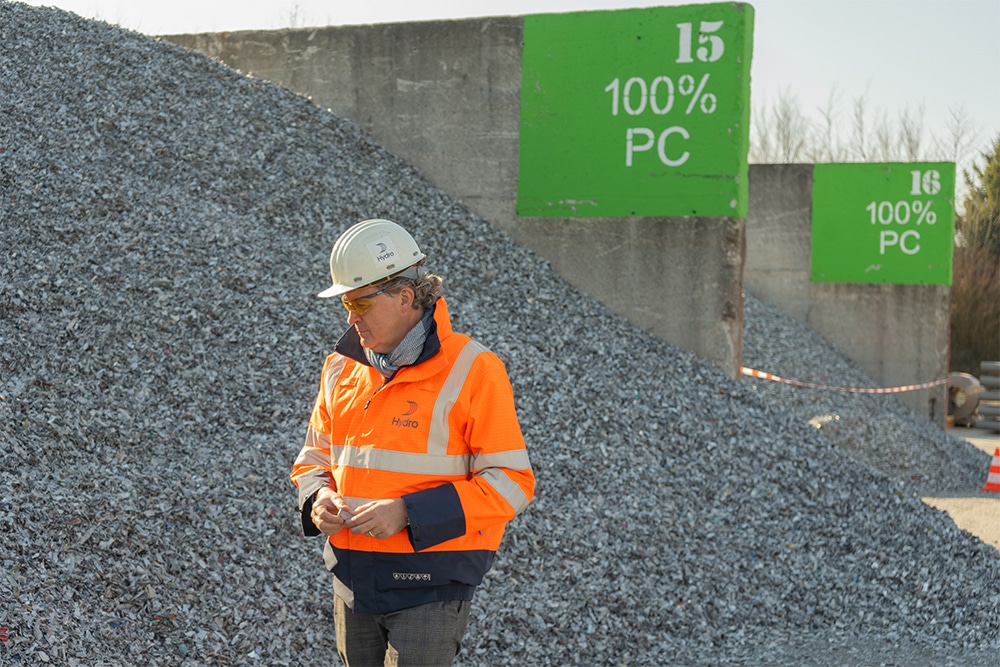
Broad involvement
WICONA demonstrates its strong commitment to the environment in many areas. Not only by focusing on recycled and low-carbon materials, but also with sophisticated product design adapted to a circular economy and produced within a responsible supply chain. "All statements in this area are certified by external organizations, guaranteeing maximum transparency," Stassen said. "In reducing CO2-footprint (carbon footprint) of a building we take into account all emissions generated during the life cycle of this building. Think for example of the operational emissions, emissions before occupation and recorded emissions. Because only by reducing all these emissions can we achieve truly circular, CO2-poor and provide high-quality windows, doors and facades."
*compared to the CO2 emissions of the European average for aluminum (8.6 kg CO2 per kg aluminum, source: 2018 European Aluminum Association study).
